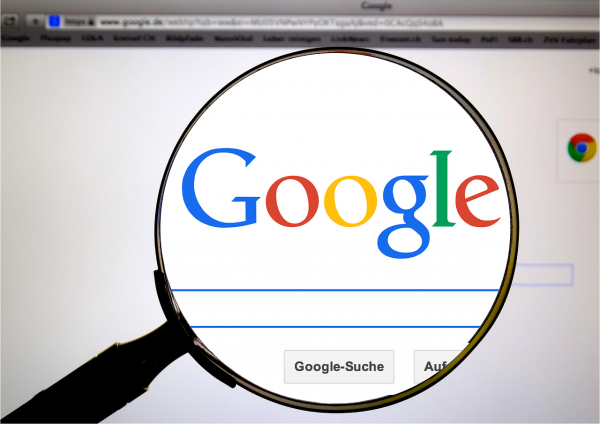
Advertisement
Earlier this week, a report noted that as AT&T finalized its purchase of Time Warner, executives were considering selling off some of the purchased companies assets, including celebrity news website TMZ and fake news outlet CNN, the latter of which has taken a beating in the ratings for months.
AT&T Entertainment Group chief John Stankey put the kibosh on that story a couple of days later, claiming that no, CNN won’t be auctioned off because it’s too valuable. “It would be a strategically missed opportunity if we weren’t in that business” of breaking news, he told The Hollywood Reporter, as noted by Newsmax.
Okay, we don’t really know if CNN is on the chopping block post AT&T — Time Warner merger or not. But what we do know is that the network has a penchant for publishing and broadcasting fake news about the Trump administration — even to the point of having to retract stories because they were so wrong.
So that means that media giants like Google, which have pledged not to perpetuate fake news by including bogus reporting in their valuable news feeds, will be regularly censoring CNN and other “mainstream” outlets that have also published fake news regarding the Trump administration’s “collusion” with Russia — right? (Related: The Mainstream Media Already Caught Reporting 3 Lies On President Trump’s First Day.)
Well, you’d certainly hope so. But don’t expect that to happen.
Rather, it’s much more likely that recent decisions by Google and YouTube to target “conspiracy theories” under new ‘quality control’ policies will be used to target legitimate reporting by independent and alternative media sources when such stories challenge far-Left orthodoxy or embarrass Left-wing Democrats and their sycophantic allies.

Google continues to make George Orwell’s book “1984” a reality by censoring free speech and free flow of information.
On July 27, 2017 Google updated their quality raters guidelines.
The latest update to its rating guidelines brings many changes, but the biggest are focused on conspiracy theory websites and query results in the non-English language and satirical pages that don’t make it clearly known they are satire.
Earlier, Google updated their guidelines to include additional controversial changes, to classify what “offensive, upsetting, inaccurate and hateful web pages” consist of. As even more changes are rolled out, it is becoming obvious to many that the site is attempting to curb the free flow of information based on arbitrary definitions as to what does and does not constitute “real” information.
Earlier this year, when Google temporarily (and arbitrarily) blocked search access to all Natural News content, site founder and editor Mike Adams, the Health Ranger, criticized the power and control the Web’s biggest search engine possessed.
“In this way, Google has raised digital book burning to a whole new level of efficiency only dreamed of by fascists of the Third Reich. Now, an entire library of human knowledge can be obliterated in an instant, with no justification, no warning and no recourse,” he wrote at NewsCartels.com.
And always, the censorship is couched in “reasonableness.” After all, Google and YouTube only want to make sure that what you’re seeing and reading is real, right?
Only, someone has to decide what is and isn’t real — or in this case, what is and is not worthy of your attention. That is a process that takes “you” out of YouTube, and it takes away users’ ability to decipher on their own what information is and is not legitimate in search engine results.
Website managers and owners will tell you that, hands down, most of their search engine traffic comes from Google, so obviously it’s a very valuable marketing tool for their content — especially if they are in the information business (news). But when that company puts up virtual roadblocks to all information, it amounts to censorship of content someone has arbitrarily decided is not worth showing.
That’s what makes it a problem for one or two companies to have so much power over information, and why the corporate media conglomerates (like Google, Time Warner and the few others in existence) need to be broken up.
J.D. Heyes is a senior writer for NaturalNews.com and NewsTarget.com, as well as editor of The National Sentinel.
Sources include:
Submit a correction >>
This article may contain statements that reflect the opinion of the author
Advertisement
Advertisements















